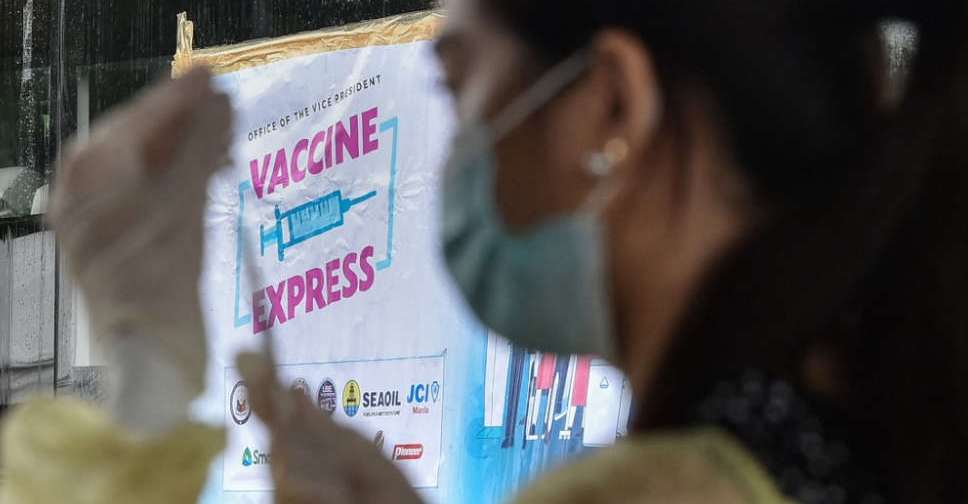
Philippine President Rodrigo Duterte on Friday approved the imposition of lockdown measures in the capital region, in a bid to contain the spread of the Delta variant and to shield the country's medical system.
The Manila capital region, a sprawl of 16 cities home to more than 13 million people, will be placed under the tightest quarantine curbs from August 6 to 20, Presidential spokesman Harry Roque said in a televised address. "While it is a painful decision, this is for the good of all."
The lockdown, which is expected to cost the economy $4 billion, will prevent people leaving their homes, except for essential shopping, while indoor and al fresco dining is banned.
"Delta is all over Metro Manila already. This is proper intervention," Benjamin Abalos, chairperson of the capital's council of mayors, told Reuters.
The mayors plan to step up vaccinations by administering 250,000 doses a day, up from 150,000 now, he said.
The highly transmissible Delta variant has spread rapidly across much of Southeast Asia.
The Philippines also extended a ban on travellers coming from 10 countries including India, Indonesia, Thailand, and the UAE to August 15.
Already battling the second-worst coronavirus outbreak in Asia, the Philippines has so far recorded over 1.57 million confirmed COVID-19 cases and more than 27,000 deaths.
The country has reported 216 cases of the Delta variant, but health experts say there could be more undetected cases because of the slow pace of the country's genome sequencing.
The second wave in the Philippine outbreak peaked in April but infections have started to rise again in recent weeks. Currently hospital occupancy in the capital area is 49 per cent, while the rate for intensive care beds is 58 per cent.
With only 7 per cent of the country's 110 million people fully vaccinated, tens of millions remain vulnerable to COVID-19.

 UK inquiry finds 'chilling' cover-up of infected blood scandal
UK inquiry finds 'chilling' cover-up of infected blood scandal
 Iranian President Raisi killed in helicopter accident, state media says
Iranian President Raisi killed in helicopter accident, state media says
 ICC prosecutor seeks arrest warrants for Israeli, Hamas leaders
ICC prosecutor seeks arrest warrants for Israeli, Hamas leaders
 Assange given permission to appeal against US extradition
Assange given permission to appeal against US extradition
 Israel intends to broaden Rafah sweep, Defence Minister tells US
Israel intends to broaden Rafah sweep, Defence Minister tells US




